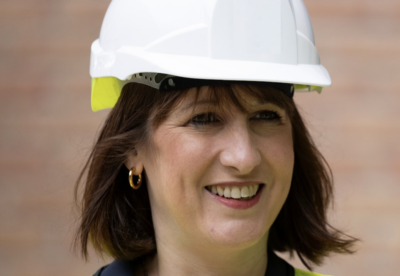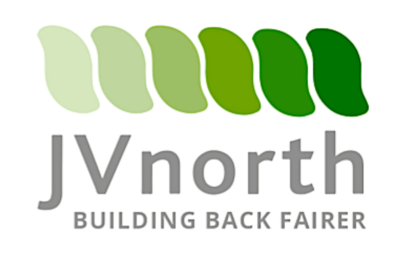The university is proposing the development of 2.4m sq ft of university buildings and 1.5m sq ft of non-UCL residential and public realm space by 2021. This is comparable to its Bloomsbury site in central London.
The project could sustain around 1,000 construction jobs in Newham over a 11-year period, once work begins on the 23-acre site in 2016.
The council must now convince about half the estate’s 700 households to leave the doomed Carpenters Estate site in Stratford ahead of demolition or face being forced out under compulsory purchase orders.
Tenders are to be submitted by 1 March and successful firms will be notified by April.
The current timetable would see a draft masterplan prepared by the end of this year, with the delivery of a final version coming at some point in 2014, to support a planning application for the site.
Professional services shortlist
- Architects: Hopkins Architects; John McAslan & Partners; Farrells; Make; AECOM
- Engineers: Atkins; Arup; Pell Frischmann; Buro Happold; AECOM
- Cost Consultant: Gardiner & Theobald; Sweett Group; Summers Inman; AECOM; Jones Lang LaSalle
- Transport & Traffic Consultant: Arup; SKM Colin Buchanan;
- MVA Consultancy; Pell Frischmann; WYG Environment Planning Transport
The immediate challenge will be to develop a comprehensive masterplan that can underpin a future planning application.
A key requirement for this stage of this project will be the ability of the successful organisations to effectively engage with the UCL community, local resident communities and stakeholders in order to deliver a truly inclusive and collaborative plan for the site.
Adam Harman, Project Director, UCL Stratford said: “The calibre of this shortlist is incredibly high and testament to the significance of the project.”
Those firms who submit full tenders will be required to detail their proposed approach, methodology and specific techniques for engaging with UCL and non UCL parties to support the effective production of a masterplan.
UCL, working with LB Newham and the selected firms will develop a comprehensive programme of community engagement and consultation, designed to support UCL’s objective of developing plans collaboratively and in partnership with local communities.


























































.gif)
